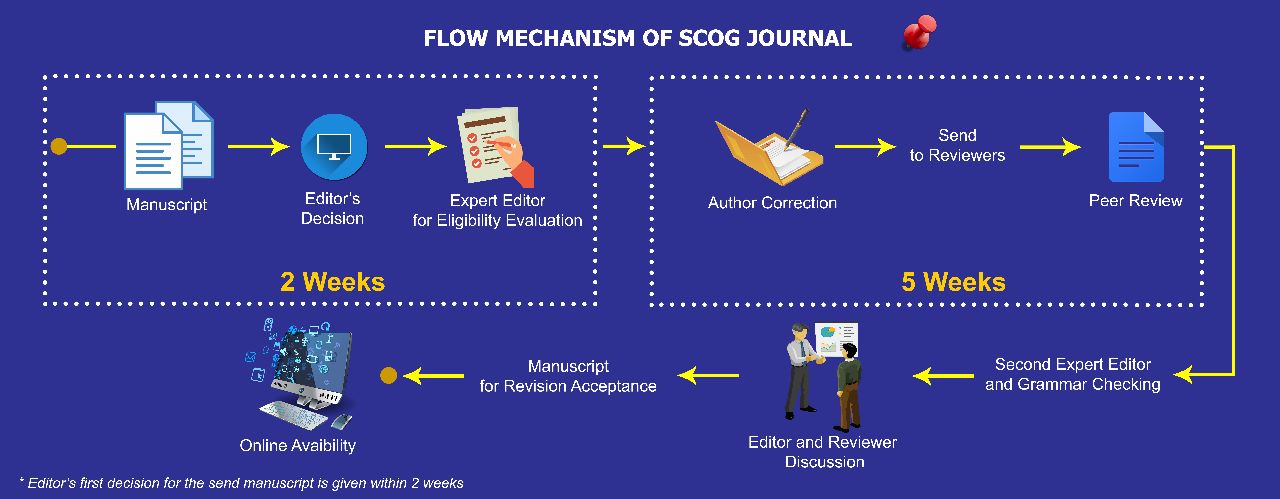CATALYTIC PYROLYSIS OF POLYPROPYLENE PLASTIC FROM MUNICIPAL SOLID WASTES INTO GASOLINE FRACTION COMPOUNDS USING THE MIXED NICKEL (Ni) AND CHROME (Cr) METALS AS THE CATALYST
Abstract
Plastic wastes which come from municipal solid wastes, have been identi ed as the worldwide
environmental problem in the last decades. Chemical recycling is one of the alternative methods to solve
such problem. Inorder to obtai appropriate liquid fuels, polypropylene plastic waste was degraded thermally
and catalytically in the presence of natural zeolite incorporated with chromium (Cr) and nickel (Ni) metals.
The reaction was conducted in a xed bed reactor in the temperature range of 400-500°C. The dependencies
of process temperature and effect of catalyst on yield of the fuel fractions were determined and compared
to commercial gasoline fractions. The current study shows that the major product of thermal degradation
(pyrolysis) and catalytic degradation is liquid (gasoline) fraction and the highest products obtained at
temperature 450°C is approximately 77.84%. The use of chromium and nickel metals on activated natural
zeolite as a bi-functional catalyst enhance the yield of liquid fractions and the acidity of the catalysts. The liquid product obtained in this process was analyzed using GC for its composition. Synthesized catalysts, activated natural zeolite and natural zeolite were characterized by means of nitrogen physisorption (BET), porosity, X-ray diffraction (XRD), and acidity. Based on the obtained results, the catalyst containing 6% of chromium and 4% of nickel on activated natural zeolite is a good catalyst for conversion of polypropylene plastic wastes to liquid (gasoline) fuels. Catalytic conversion using such catalysts may applicable as an alternative method for recycling plastic wastes to more valuable commodities such as fuel oils.
Keywords
Full Text:
PDFDOI: https://doi.org/10.29017/SCOG.37.3.634

This work is licensed under a Creative Commons Attribution-NonCommercial-NoDerivatives 4.0 International License.






